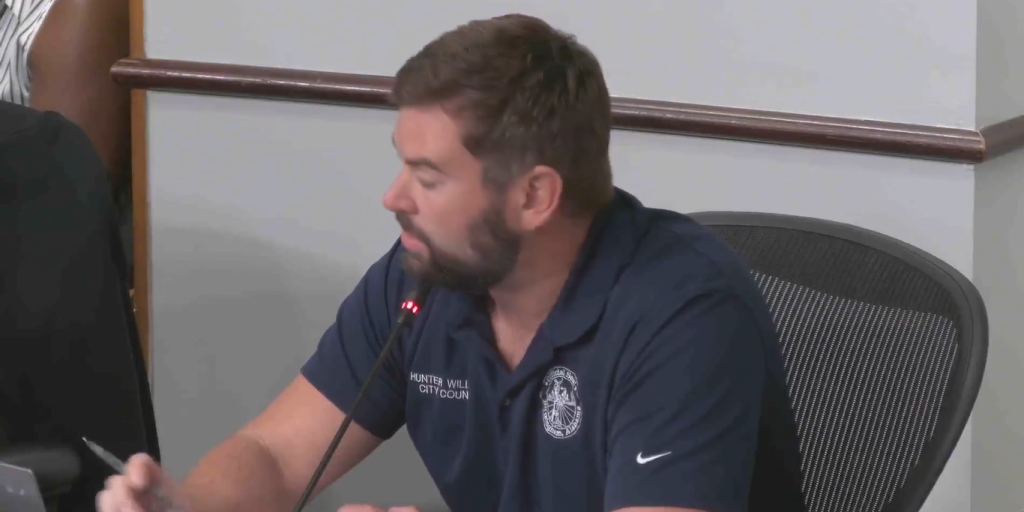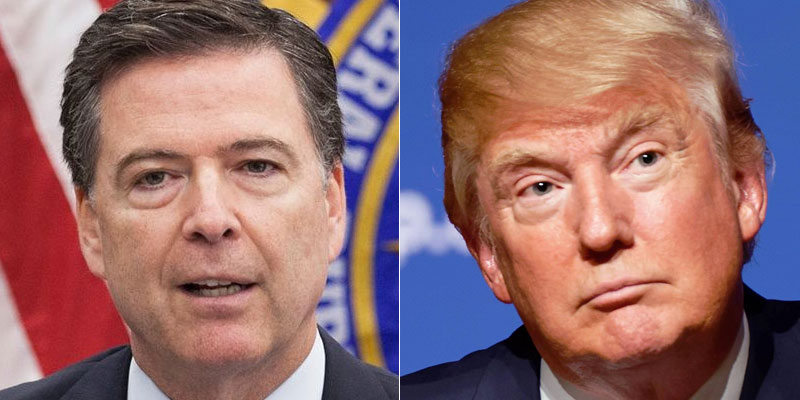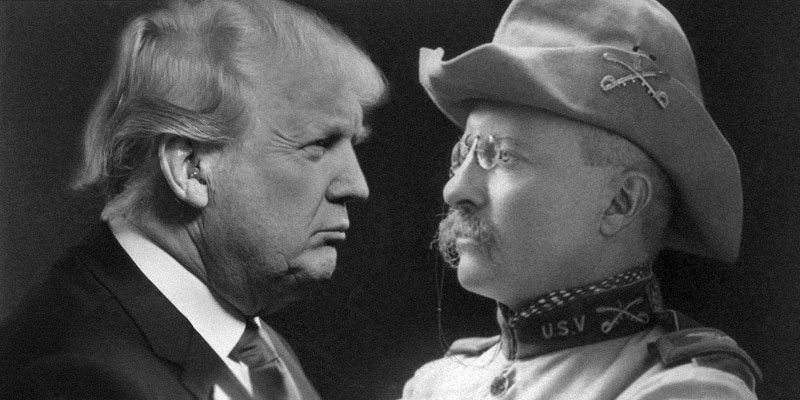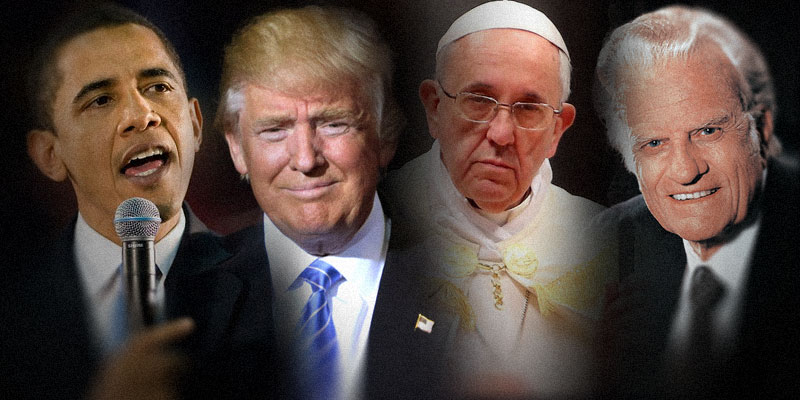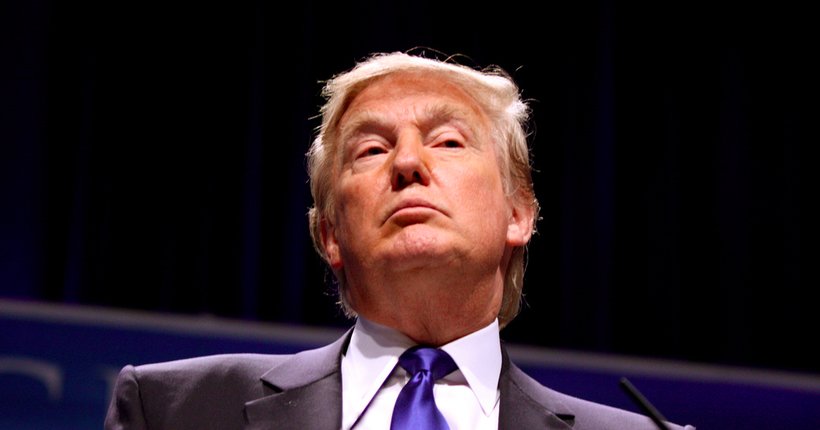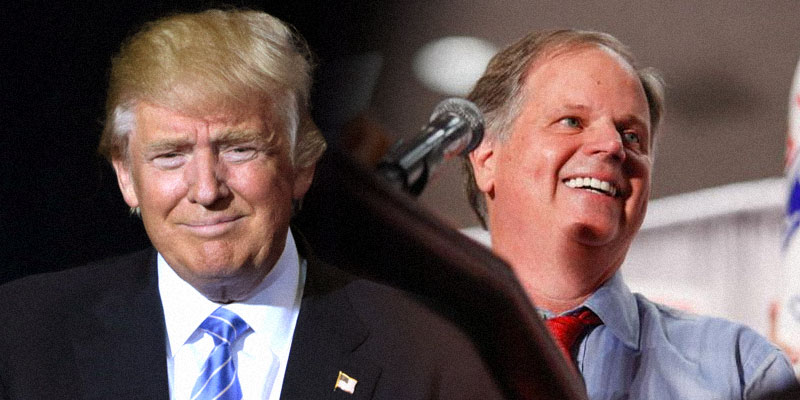
Listen to the 10 min audio
Read the transcript:
TOM LAMPRECHT: Harry, I want to take you back to last Wednesday. President Donald Trump allowed a 1995 law that was passed by Congress requiring the relocation of the United States embassy in Israel to move to Jerusalem.
Now, this was passed back in 1995, yet presidents were given a loophole that allowed successive presidents – Bill Clinton, George W. Bush and Barack Obama – the option to issue waivers every six months to delay the embassy move.
Donald Trump, last Wednesday, said, “The time has finally come. We’re moving the embassy.” He was praised by Benjamin Netanyahu, but he was condemned by many other world leaders. Harry, your thoughts? How important is this?
Historical and Scriptural Context
DR. REEDER: Let’s go back, Tom, and set this in historical context. Jerusalem is, historically, what was called a Jebusite city in the Bible. It is one that was conquered by David and became his seat of rule.
From that Jebusite city, just up the side of the spur of the hill where it was originally located, was a place that had become very important in the life of the people of Israel. First of all, it was the spot where Abraham had brought Isaac.
That same place became the threshing floor of Araunah, where David secured that as a place to build the Temple. This became known as the Mount Zion, which became precious in the sight of the lives of God’s people.
Thus, the quote, “Compact city of Jerusalem with its walls,” had been built in the days of David and then, in the days of Solomon, the temple had been placed there.
Therefore, you can read the psalms and you can read the accounts of the scripture of how Israel had become identified with it because not only was the Temple there, the house of David had built the palace, Solomon’s portico was established there and, most importantly, the Holy of Holies, which became the dwelling place of the Lord by His divine appointment where his Shekinah Glory had dwelt in that place, the Temple became the spot of teaching and worship and the gathering of God’s people.
The fulfillment of the Old Testament promises are not only located in Jerusalem, but located there most profoundly through the fact that it was there that Christ came and cleansed the Temple twice, and it is there that He came and died on the cross at Mount Calvary and, from outside of Jerusalem, on the Mount of Olives, is where He ascended into Heaven so it becomes the focal point of the atoning work of God in the covenant of grace.
It becomes not only a place where the Old Testament people of God revere and identify with, but it becomes that point of fulfillment and, therefore, the expansion of the grace of God to all the nation from the redeeming work of Jesus Christ, there, in Jerusalem.
Therefore, it becomes a very pointed and precious place. Now, fast forward: Israel, of course, is dispersed from Jerusalem in the days of the Roman Empire and maintains dispersed pretty much throughout all the nations as fulfillment of prophecy.
And then, interestingly – and many would see this, also, as a fulfillment of the prophecy – the nation of Israel is reestablished after World War II. Now, Jerusalem becomes a point of conflict again as an Israeli State is established. But, as it is established, the Balfour Declaration is interpreted and fulfilled in a way that I think it was not designed by the United Nations.
And, under the leadership of Britain, the Balfour Declaration is eviscerated in that the land over the Jordan River – which was to be the place of what, today, is called the Palestinians – was taken and made, more or less, an English protectorate, almost, and now known as the Nation Jordan, which left the Palestinian people with no place to go and became an issue there in the land of Israel as the Palestinians are left there and the Israeli State is begun.
And then you have the War of 1967 in which the Israeli State which was established is attacked and they repelled the attack by the various Arab nations and, in so doing, they take control of the City of Jerusalem.
They later establish it as their capital and declare it to be their capital. And then, in 1987, the United States affirmed its support of Israel to declare the city of Jerusalem as its capital.
And then, in 1995, the United States affirms that its embassy is to go in Jerusalem but, yet, they prolong its establishment and, as you have already mentioned, declare that it is up to the president to determine when, and if and how – in light of the various peace discussions – yet, every president runs on the campaign promise that Jerusalem is to be the capital of Israel and the embassy of the United States is to go there.
Trump’s Position
Now, President Trump said, “Look, this use of Jerusalem as an item of negotiation has utterly failed. Let’s quit doing it. Let’s go ahead and do what I was instructed to do so my report is not going to be on the reason why I’m not going to do it but, on the contrary, I am going to do it.
Now, the question is how is everybody going to respond to it? Some branches of the evangelical churches see this as another step in the fulfillment of prophecy. Other Christians, such as myself, just see it as an instrument of United States foreign policy, which actually may strengthen the peace negotiations by placing the United States embassy there.
President Trump is being opposed by the British prime minister and the German prime minister. That doesn’t hold a lot of weight with me because I believe it is British failure to carry out the Balfour Declaration that has created this problem.
The entire, what today is, Jordan should actually be the Palestinian State, but it was a make-believe kingdom that was put together under British control in 1948 instead of doing what was supposed to have been done, which was to make that the place for the Palestinians to have their own state with a full territory and in the location in which most of their people had resided throughout the years. Instead, it made them a people without a location because of the British decision.
It’s going to be interesting to see. The prediction is this may create another Intifada and renewed terrorist attacks in Jerusalem and around Jerusalem, although the Israeli government welcomed this as an appropriate step of what’s been promised.
Processing as Evangelicals
As evangelicals, whether you see this as a fulfillment of end-time prophecy or you see it as simply knowledgeable foreign policy in supporting a nation – that every nation ought to have the right to declare its own capital within the borders that it controls – it’s very clear from the Bible that we, as evangelicals, should pray for the peace of Jerusalem.
And, for me, that means two things:
- That this step may open up even further opportunities for sharing the Gospel, which is the gospel of peace that, when men and women are reconciled to God, they can become reconciled to each other.
- As well as negotiated peace because you and I, as evangelicals, must remember that many of our brothers and sisters in Christ are Palestinians. They are trying to wade their way through this. The Palestinian Christian population is under intense persecution and I’m praying that, somehow, this may actually help them. I’m not sure, but I want to pray in that direction.
The Gospel of Jesus Christ came to us through the nation of Israel and I believe God has made a promise in the Book of Romans that the Gospel is going to go back to this nation of Israel.
I do not look for the Temple to be rebuilt, I do not look for the sacrifice system, I do not look for the priesthood to be reestablished as some of my Christian brothers do, but I do look for the fulfillment of all of those in Jesus Christ establishing the Gospel.
I do look for that to go back to the Jewish people with promised success as the Gospel goes to the Jew first and also to the Gentile.
TOM LAMPRECHT: Harry, we are out of time for today. On Tuesday’s edition of Today in Perspective, I’d like to revisit with you the Masterpiece Cake Shop oral argument, which took place last week.
DR. REEDER: Yes, the oral argument started and it continues to be under advisement of the Supreme Court. Let’s take a few moments to look at what has now been revealed since our last program.
Dr. Harry L. Reeder III is the Senior Pastor of Briarwood Presbyterian Church in Birmingham.
This podcast was transcribed by Jessica Havin. Jessica is editorial assistant for Yellowhammer News. Jessica has transcribed some of the top podcasts in the country and her work has been featured in a New York Times Bestseller.
Podcast: Play in new window | Download
Subscribe: RSS




